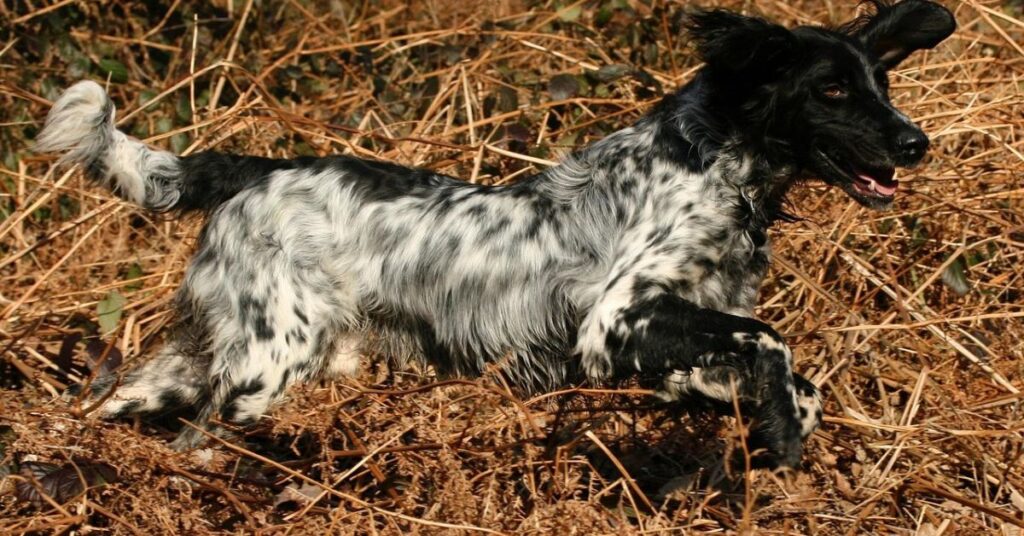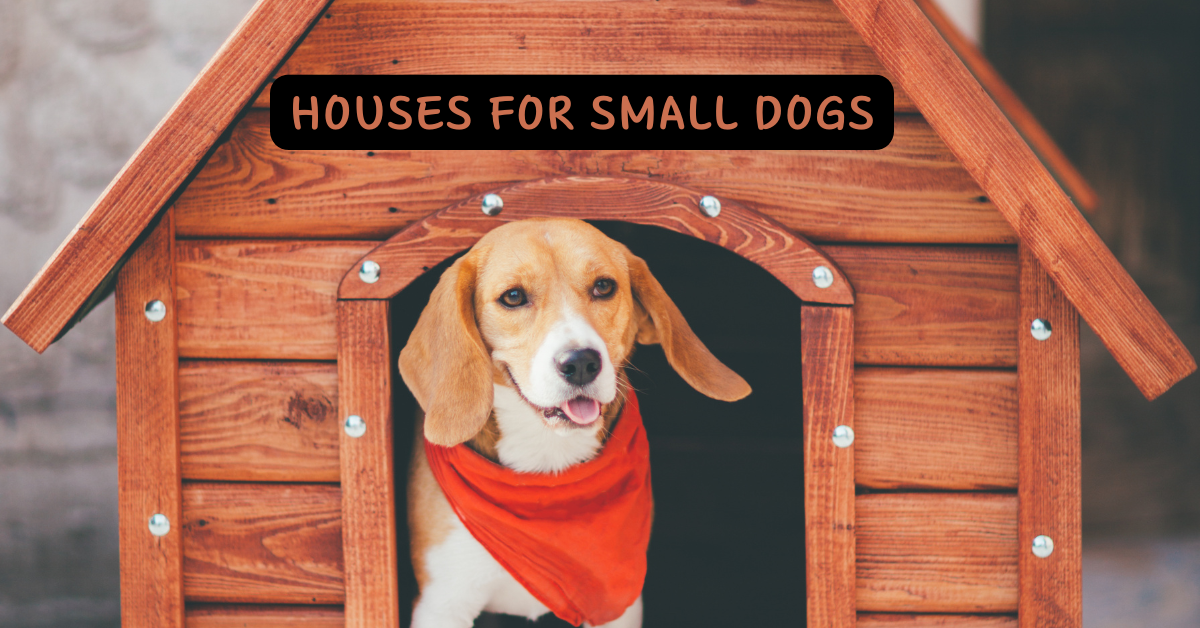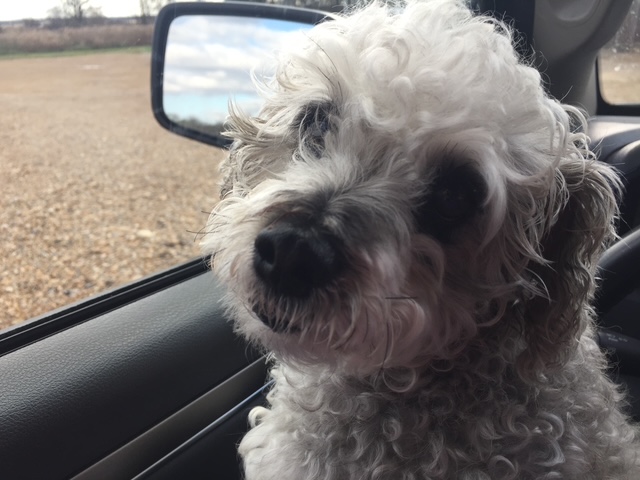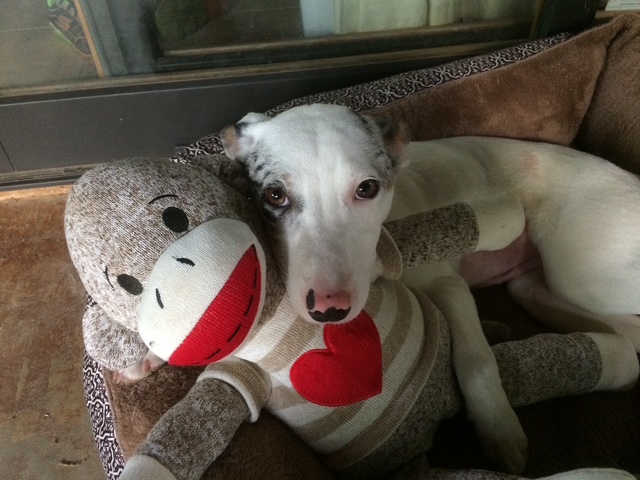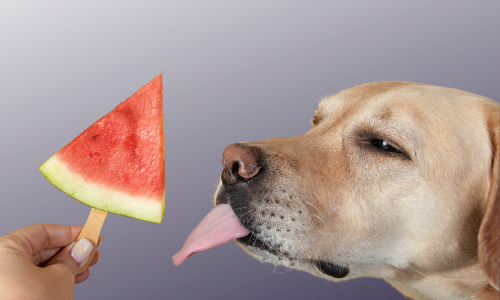The Small Munsterlander is a versatile hunting dog known for its intelligence, energy, and friendly personality. Originating from Germany, this breed is valued for its hunting skills, trainability, and loyalty.
*Disclaimer: This Post May Contain Affiliate Links. This Means That I Receive A Small Commission At No Extra Cost To You Should You Click Through And Make A Purchase. Learn More On My Policy Page
Breed Characteristics
- Breed Category: Sporting Group
- Size: Medium
- Coat Length: Medium, dense, and wavy
- Shedding: Moderate
- Hypoallergenic: No
- Grooming Requirements: Moderate; regular grooming needed
- Life Span: 12-14 years
- Activity Level: High
- Temperament/Personality: Friendly, intelligent, energetic
- Intelligence: High
- Trainability: High; eager to please
- Space Requirement: Medium to large; needs space to run
- Compatibility with Children & Other Pets: Good, with early socialization
- Health Issues: Prone to certain genetic conditions, such as hip dysplasia and eye disorders
- Nutrition Needs: High-quality diet with balanced nutrients
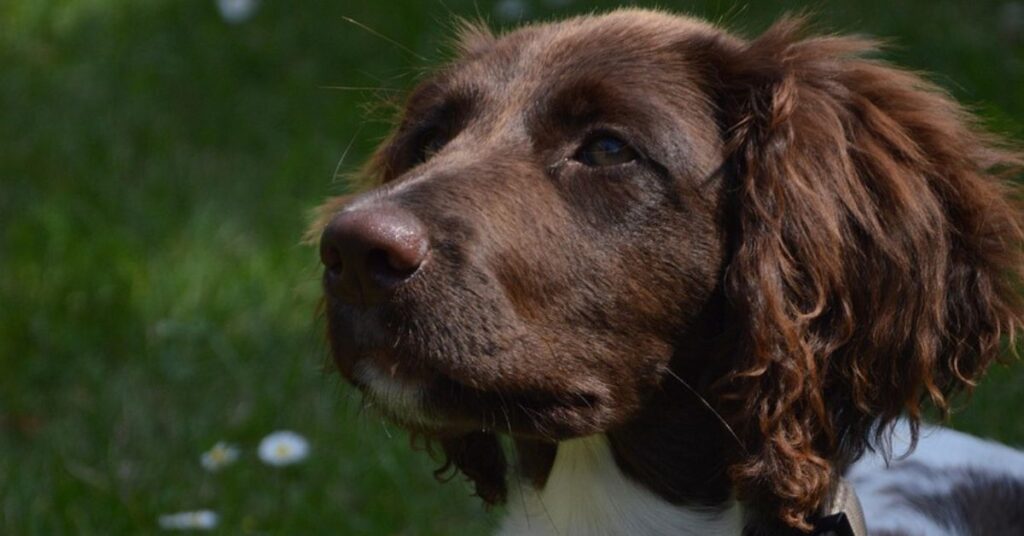
Origin and History
The Small Munsterlander originated in Germany in the 19th century as a versatile hunting dog used for both pointing and retrieving game. The breed was developed in the Munster region, hence its name. The Small Munsterlander is known for its keen nose, intelligence, and ability to work in various terrains and weather conditions. Today, the breed is still prized as a hunting companion and is also gaining popularity as a family pet due to its friendly and loyal nature.
Appearance and Physical Characteristics
The Small Munsterlander is a medium-sized dog, standing between 20 to 22 inches tall and weighing between 40 to 60 pounds. The breed has a well-proportioned, athletic build with a medium-length coat that is dense and slightly wavy. The coat typically comes in liver and white or roan with distinctive markings. The Small Munsterlander has an alert and friendly expression, with expressive eyes and a wagging tail that conveys its energetic and affectionate nature.
Temperament and Personality
Small Munsterlanders are known for their friendly and intelligent nature. They are highly devoted to their families and make excellent companions. The breed is also known for its energetic and playful personality, making it a good match for active households. Small Munsterlanders are generally good with children and other pets, making them excellent family dogs. Their intelligence and eagerness to please mean they require regular interaction and mental stimulation to stay happy.
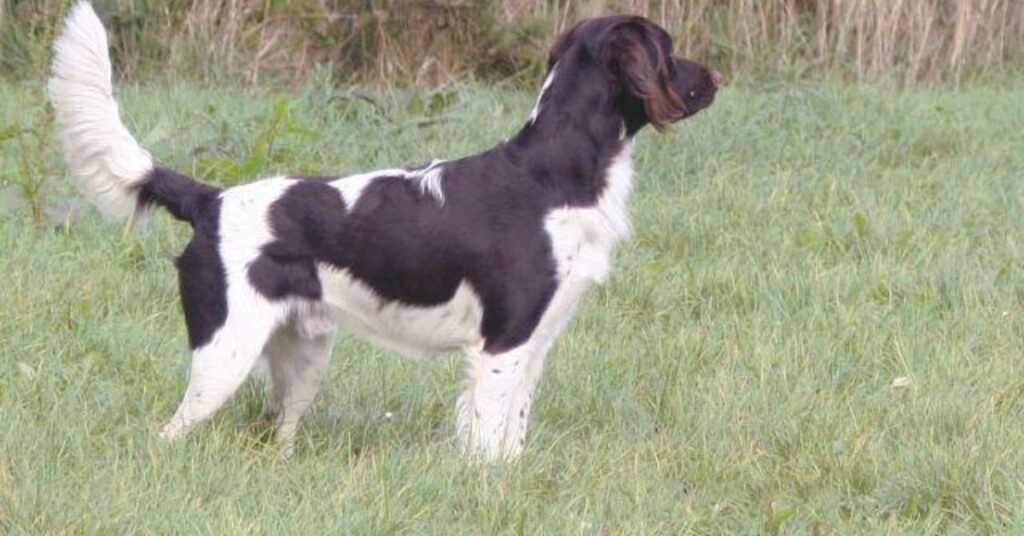
Intelligence and Trainability
The Small Munsterlander is a highly intelligent breed that responds well to positive reinforcement training. They are quick learners and excel in various activities, including obedience, agility, and hunting. Early training and socialization are important to ensure they develop good behavior and obedience. The breed’s intelligence and versatility make them well-suited for various activities and tasks.
Compatibility with Children and Other Pets
Small Munsterlanders are generally good with children and other pets, especially when properly socialized from a young age. Their friendly and playful nature makes them great companions for families. The breed’s energetic personality means supervision is recommended, especially in homes with small children or pets. Small Munsterlanders can coexist peacefully with other animals, but early socialization is key to ensuring they get along well with other pets.
Health and Nutrition
Small Munsterlanders are generally a healthy breed but can be prone to certain health issues, such as hip dysplasia, progressive retinal atrophy (PRA), and ear infections. Regular veterinary check-ups, a balanced diet, and proper exercise are essential for maintaining their health. A high-quality diet that supports their medium size and high energy level is recommended. Owners should monitor their weight and feeding habits to prevent obesity and related health issues.
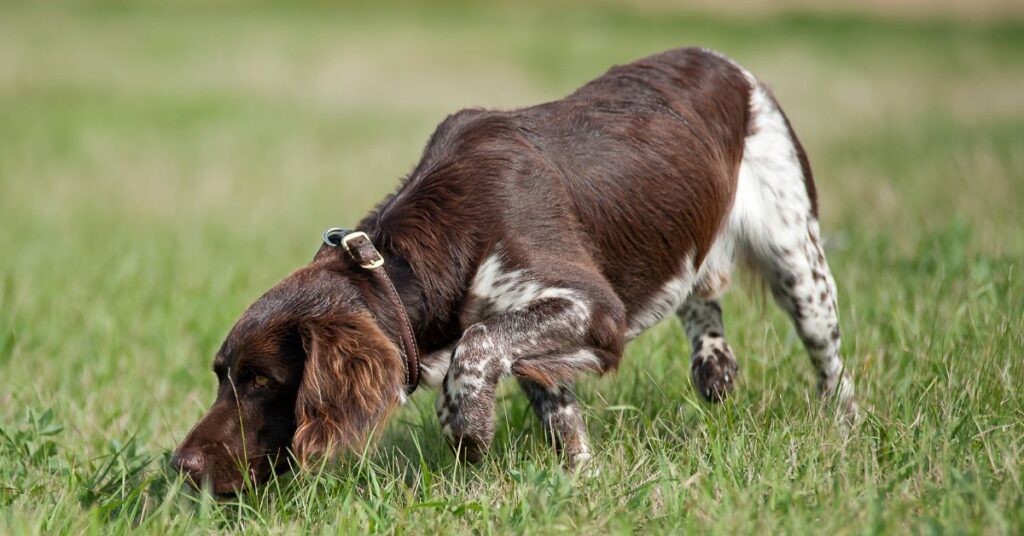
Exercise and Activity Level
Small Munsterlanders have high energy levels and require regular exercise to stay healthy and happy. They enjoy activities such as running, playing fetch, and participating in dog sports like agility and obedience. The breed thrives in homes with large, secure yards where they can run freely. Small Munsterlanders benefit from daily walks, playtime, and opportunities to engage in mentally stimulating activities. Without adequate exercise, they may become bored and develop behavioral issues.
Grooming Needs
The grooming needs of Small Munsterlanders are moderate due to their medium-length, dense coat. Regular brushing is necessary to remove loose hair and prevent matting. Bathing should be done as needed, and routine grooming tasks such as dental care, ear cleaning, and nail trimming are important to prevent common health issues. The breed’s coat requires moderate maintenance, making it suitable for owners who are prepared for a consistent grooming routine.
Training and Socialization
Early training and socialization are crucial for Small Munsterlanders. Due to their intelligence and energy, it’s important to establish good behavior and obedience from a young age. Positive reinforcement techniques work best, as harsh training methods can be counterproductive. Socialization with other dogs, people, and different environments helps them develop into well-rounded and confident adults. Small Munsterlanders are also known for their sensitivity, so a gentle and patient approach to training is recommended.
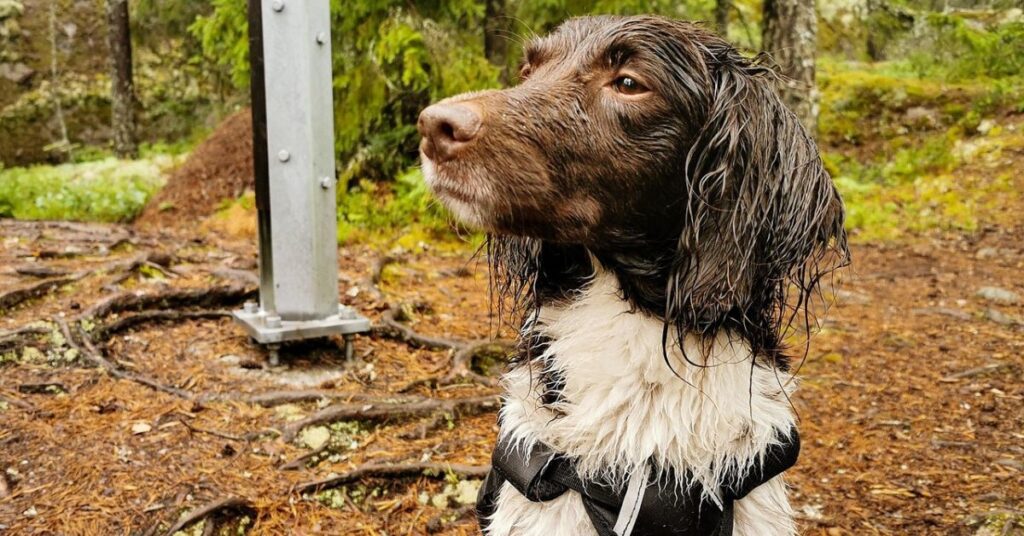
Famous Small Munsterlanders
The Small Munsterlander is highly regarded in the hunting community for its versatility and intelligence. The breed’s friendly nature and trainability have also earned it a place as a beloved companion in many households.
Conclusion
The Small Munsterlander is a friendly, intelligent, and versatile breed that makes an excellent companion for active families and hunting enthusiasts. With proper training, socialization, and care, a Small Munsterlander can be a devoted and energetic member of the family.


